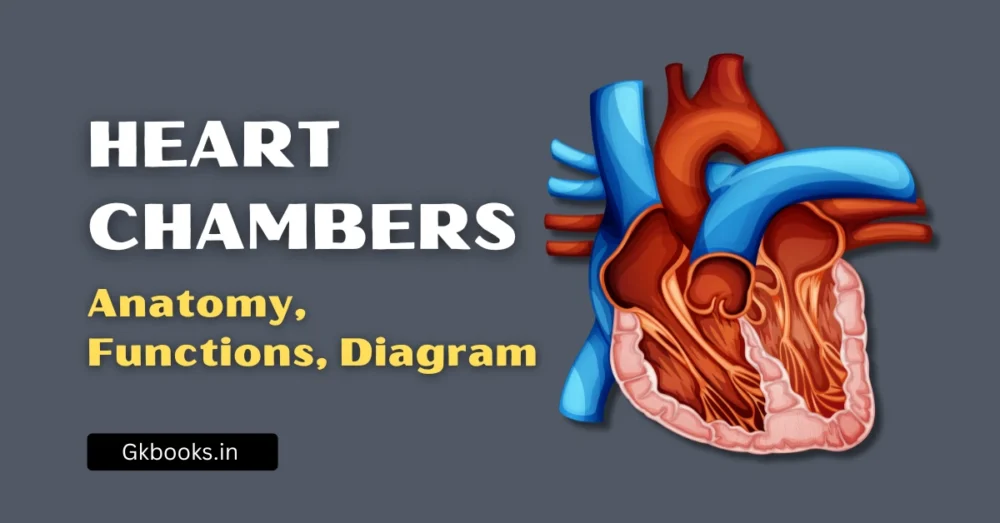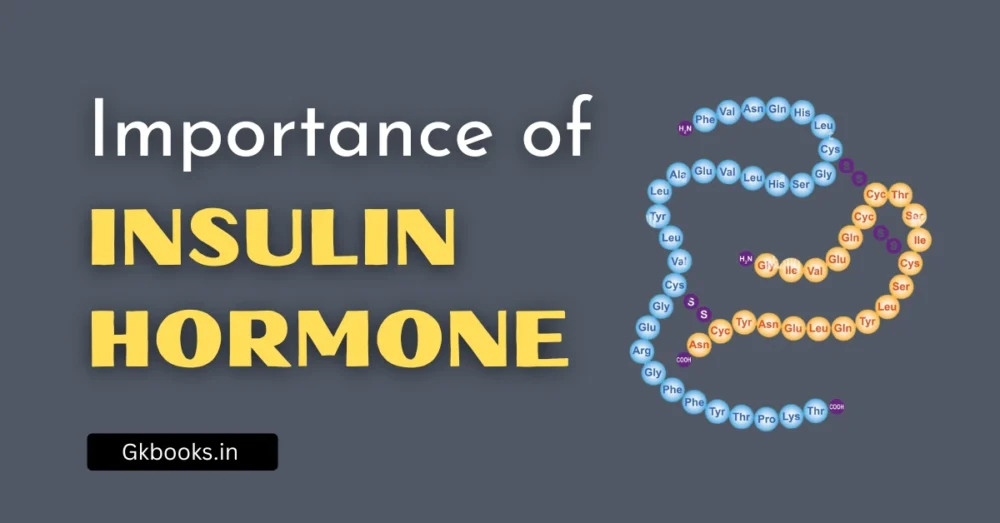Cells are the basic building blocks of life. Just like bricks make up a building, cells make up all living organisms. The study of cells helps us understand how life works. One of the most important concepts in biology is the Cell Theory, which explains the nature and role of cells in living beings.
What is Cell Theory?
Cell Theory is a fundamental principle in biology that states:
- All living organisms are made up of cells.
- The cell is the basic unit of structure and function in living organisms.
- All cells arise from pre-existing cells.
This theory explains that cells are the smallest unit of life and that every living thing, from tiny bacteria to huge elephants, is made up of one or more cells.
◾Don’t miss: Overview of a Cell NCERT Notes
History of Cell Theory
The Cell Theory was developed by scientists who made important discoveries over time. Let’s look at some key contributors:
| Scientist | Contribution | Year |
|---|---|---|
| Robert Hooke | Discovered and named “cells” in cork using a microscope | 1665 |
| Anton van Leeuwenhoek | Observed living cells using a powerful microscope | 1674 |
| Matthias Schleiden | Examined plant tissues and observed that all plants are made up of cells | 1838 |
| Theodor Schwann | Studied animal cells, identified the plasma membrane, and concluded that both plant and animal bodies are composed of cells | 1839 |
| Rudolf Virchow | Explained that new cells are formed from pre-existing cells (Omnis cellula-e cellula) | 1855 |
These discoveries helped form the Cell Theory, which is now one of the most important concepts in biology.
Main Principles of Cell Theory
Let’s break down the three main principles of Cell Theory:
1️⃣ All Living Organisms Are Made of Cells
- Every living thing, from microscopic bacteria to humans, is made up of one or more cells.
- Organisms can be unicellular (made of a single cell) or multicellular (made of many cells).
2️⃣ The Cell is the Basic Unit of Life
- Cells perform all life functions such as growth, reproduction, and metabolism.
- Just like a factory has different sections for different tasks, a cell has organelles that perform various functions.
3️⃣ All Cells Come from Pre-existing Cells
- New cells are formed when an existing cell divides into two.
- This process, called cell division, helps in growth, repair, and reproduction.
Types of Cells
There are two major types of cells:
| Type of Cell | Characteristics | Example |
|---|---|---|
| Prokaryotic Cells | Simple, no nucleus, found in bacteria | Bacteria |
| Eukaryotic Cells | Complex, have a nucleus, found in plants & animals | Human, Plants |
Why is Cell Theory Important?
Cell Theory helps us understand:
- How living organisms are structured.
- How diseases spread and how cells help in healing.
- The process of growth and reproduction in living beings.
Quick Revision
🔹 Who discovered cells? → Robert Hooke (1665)
🔹 Who observed living cells? → Anton van Leeuwenhoek
🔹 Who gave Cell Theory? → Schleiden, Schwann & Virchow
🔹 How do new cells form? → From pre-existing cells
🔹 Types of cells? → Prokaryotic & Eukaryotic
🎯 Exam Tips
✔️ Remember the three main principles of Cell Theory.
✔️ Learn the contributions of Hooke, Leeuwenhoek, Schleiden, Schwann, and Virchow.
✔️ Understand the difference between prokaryotic and eukaryotic cells.
✔️ Revise with diagrams and flashcards for better retention.
✔️ Solve MCQs related to Cell Theory to strengthen your concepts.
Conclusion
Cell Theory is a fundamental concept in biology that explains the structure and function of all living organisms. By understanding cells, we unlock the secrets of life itself! Keep exploring, keep learning, and remember—every big discovery starts with a single cell! 🔬✨






